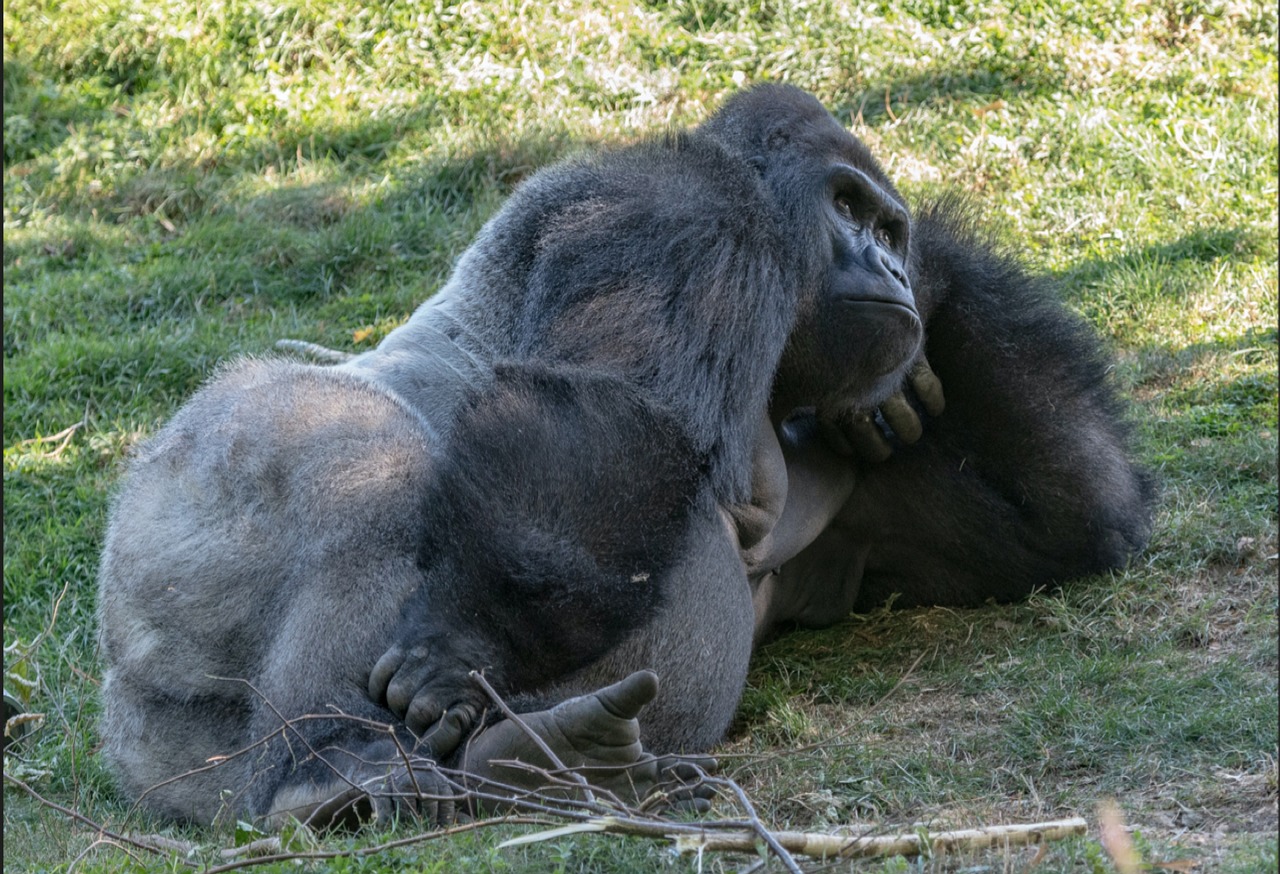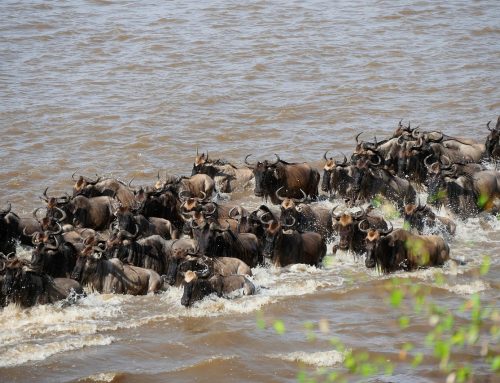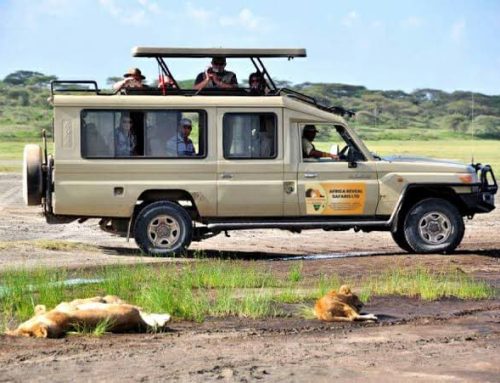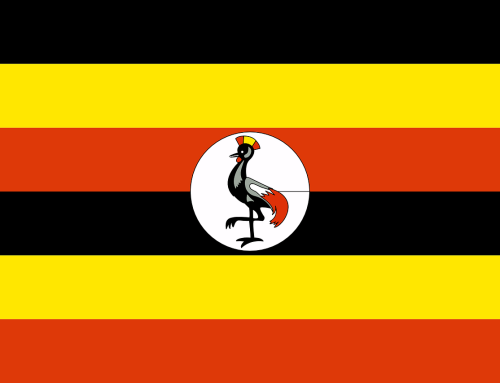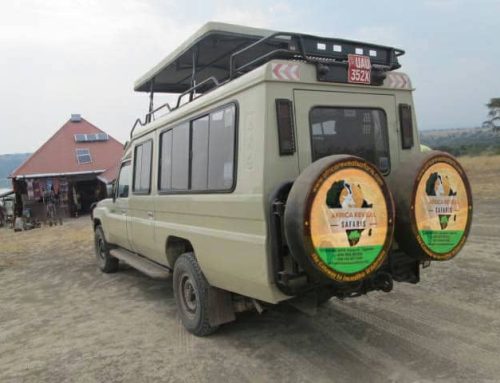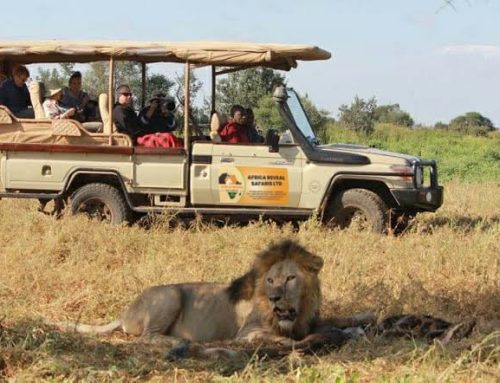Is it Safe to Go on Safari in Africa? | African safari safety guidelines
African safari safety guidelines.
As the sun rises over the savannah, casting a golden glow over the grasslands, the thrill of an African safari beckons. But, for many would-be travelers, concerns about safety can be a major deterrent. At Africa Reveal Safaris, we understand these concerns and are here to provide you with the facts, reassurance, and expert guidance to help you embark on the adventure of a lifetime.
Understanding the Risks
Like any travel destination, Africa presents some risks. However, with proper planning, precautions, and guidance, these risks can be minimized. The most significant concerns for safari-goers typically revolve around:
- Wildlife Encounters
The thrill of seeing wild animals up close can also pose a risk if not managed properly. Some of the wildlife-related risks include:
- – Attacks by wild animals, such as lions, leopards, or elephants
- – Injuries from animal bites or scratches
- – Diseases transmitted by animals, such as rabies or tetanus
- – Allergic reactions to insect bites or stings
- – Exposure to toxic plants or animals
- Malaria and Other Diseases
Certain regions in Africa are prone to malaria and other diseases, which can be prevented with proper medication and precautions. Some of the disease-related risks include:
- – Malaria: a mosquito-borne disease that can be fatal if left untreated
- – Yellow fever: a mosquito-borne disease that can be fatal if left untreated
- – Cholera: a water-borne disease that can cause severe diarrhea and dehydration
- – HIV/AIDS: a viral disease that can be transmitted through bodily fluids
- – Tuberculosis: a bacterial disease that can be transmitted through respiratory droplets
- – Typhoid fever: a bacterial disease that can be transmitted through contaminated food and water
- Crime and Theft
As with any travel destination, petty crime and theft can occur. Some of the crime-related risks include:
- – Pickpocketing or theft of valuables
- – Armed robbery or carjacking
- – Scams or fraudulent activities
- – Kidnapping or hostage-taking
- – Corruption or bribery
- Road Safety
Traveling by road can pose risks, particularly in rural areas. Some of the road safety-related risks include:
- – Accidents or injuries from poor road conditions or reckless driving
- – Carjacking or hijacking
- – Breakdowns or stranding in remote areas
- – Exposure to harsh weather conditions
- Weather-Related Risks
Africa’s climate can be unpredictable, and weather-related risks include:
- – Heat stroke or dehydration
- – Flash floods or landslides
- – Thunderstorms or lightning strikes
- – Drought or water scarcity
- – Extreme temperatures or cold snaps
- Altitude Sickness
Traveling to high-altitude areas can pose risks, particularly for people with pre-existing medical conditions. Some of the altitude sickness-related risks include:
- – Acute mountain sickness (AMS)
- – High-altitude pulmonary edema (HAPE)
- – High-altitude cerebral edema (HACE)
- – Altitude-related illnesses or injuries
- Cultural and Social Risks
Africa is a culturally diverse continent, and cultural and social risks include:
- – Cultural misunderstandings or offense
- – Social unrest or protests
- – Ethnic or tribal conflicts
- – Language barriers or communication challenges
- Political Risks
Africa is a vast and diverse continent, and political risks can vary from country to country. Some of the political risks include:
- – Civil unrest or conflict
- – Terrorism or extremist activities
- – Government instability or coups
- – Economic instability or sanctions
- Environmental Risks
Africa’s diverse environments can pose risks, particularly for people with pre-existing medical conditions. Some of the environmental risks include:
- – Exposure to toxic substances or pollutants
- – Water-borne illnesses or diseases
- – Air-borne illnesses or diseases
- – Exposure to extreme weather conditions
- Health-Related Risks
Africa poses various health-related risks, particularly for people with pre-existing medical conditions. Some of the health-related risks include:
- – Insect-borne illnesses or diseases
- – Water-borne illnesses or diseases
- – Air-borne illnesses or diseases
- – Food-borne illnesses or diseases
- – Exposure to toxic substances or pollutants
By understanding these risks, you can take the necessary precautions to minimize them and have a safe and enjoyable safari experience in Africa.
Safety Measures in Place |African safari safety guidelines
At Africa Reveal Safaris, we prioritize your safety and well-being above all else. Our expert guides, drivers, and support staff are trained to ensure your safety at all times. Here are some of the comprehensive safety measures we have in place:
- Experienced Guides
Our guides are highly knowledgeable, experienced, and trained in wilderness first aid. They possess in-depth knowledge of the African wilderness, including its unique challenges and potential hazards. With our guides, you’re in good hands.
- Safety Briefings
Before each safari, we provide comprehensive safety briefings to ensure you’re aware of potential risks and know how to mitigate them. These briefings cover essential topics such as:
– Wildlife behavior and safety protocols
– Emergency procedures and evacuation plans
– Health and hygiene guidelines
– Environmental awareness and responsible tourism practices
- Vehicle Safety
Our vehicles are meticulously maintained, equipped with essential safety features, and driven by experienced drivers. Our fleet includes:
– 4×4 vehicles designed for African terrain
– Vehicles equipped with communication devices, first aid kits, and emergency supplies
– Regular vehicle maintenance and safety checks
- Emergency Response Plans
We have comprehensive emergency response plans in place, including evacuation procedures, in the unlikely event of an emergency. Our plans include:
- – Emergency communication protocols
- – Evacuation procedures and contingency planning
- – First aid and medical response plans
- – Crisis management and incident reporting
- Partnerships with Reputable Operators
We partner with reputable operators and lodges that adhere to strict safety standards. Our partners undergo rigorous vetting and assessment to ensure they meet our high safety standards.
- Guest Safety Monitoring
We continuously monitor our guests’ safety and well-being throughout their safari experience. Our guides and support staff are trained to identify potential risks and take proactive measures to mitigate them.
- Health and Hygiene Protocols
We maintain strict health and hygiene protocols to prevent the spread of illnesses. Our protocols include:
- – Regular cleaning and disinfection of vehicles and equipment
- – Provision of hand sanitizer and hygiene facilities
- – Guidance on healthy eating and drinking practices
- Environmental Awareness
We promote environmental awareness and responsible tourism practices to minimize our impact on the African wilderness. Our practices include:
- – Reducing waste and carbon emissions
- – Respecting wildlife habitats and ecosystems
- – Supporting local communities and conservation initiatives
At Africa Reveal Safaris, we’re committed to providing a safe, enjoyable, and responsible safari experience. With our comprehensive safety measures in place, you can focus on creating unforgettable memories in the African wilderness. African safari safety guidelines
Tips for a Safe Safari | African safari safety guidelines
While we take every precaution to ensure your safety, there are also steps you can take to minimize risks:
- Listen to your guide: Our guides are experts in the wilderness and will provide valuable insights and guidance to ensure your safety.
- Stay informed: Stay up-to-date with local conditions, weather forecasts, and any potential safety concerns.
- Take necessary precautions: Take necessary precautions against malaria, such as using insect repellent and wearing protective clothing.
- Respect wildlife: Maintain a safe distance from wildlife and never attempt to touch or feed them.
- Stay hydrated and healthy: Drink plenty of water, eat well, and get enough rest to ensure you’re physically prepared for the demands of a safari.
Health and Vaccination Requirements
Before traveling to Africa, it’s essential to consult with your doctor or a travel clinic to determine the necessary vaccinations and medications. Some countries in Africa require specific vaccinations, such as yellow fever, while others may recommend medications for malaria prophylaxis. African safari safety guidelines
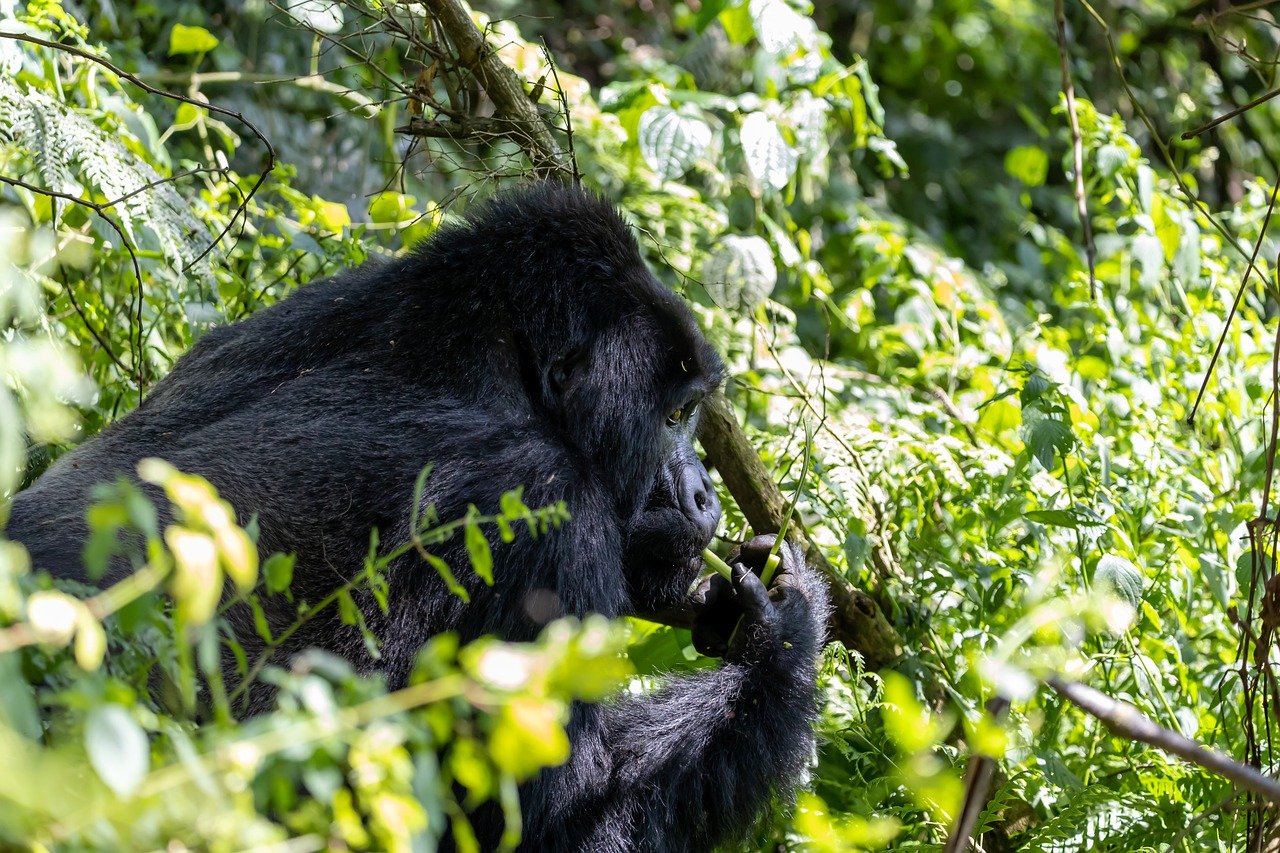
African safari safety guidelines
Safety in Specific Countries | African safari safety guidelines
While safety concerns can vary from country to country, here are some general insights into the safety situation in some of the most popular safari destinations:
- South Africa
Generally considered a safe country, with low risk of crime and disease in tourist areas. However, as with any country, petty crime and theft can occur. Take normal precautions to ensure your safety, such as:
- – Avoiding traveling alone at night
- – Keeping valuables secure
- – Being aware of your surroundings
South Africa has a well-developed tourism infrastructure, and many popular destinations, such as Cape Town and Kruger National Park, are considered very safe.
- Kenya
Kenya has experienced some security concerns in the past, particularly in the northeastern part of the country. However, tourist areas are generally considered safe, and the government has taken steps to improve security.
Some areas to avoid in Kenya include:
- – The border with Somalia
- – Certain areas of Nairobi, such as the Eastleigh neighborhood
Popular tourist destinations, such as the Maasai Mara National Reserve and Amboseli National Park, are considered safe.
- Tanzania
Tanzania is considered a safe country, with low risk of crime and disease. The country has a stable government and a growing tourism industry.
Some areas to be aware of in Tanzania include:
- – The border with Mozambique
- – Certain areas of Dar es Salaam, such as the Kariakoo market
Popular tourist destinations, such as the Serengeti National Park and Ngorongoro Conservation Area, are considered very safe.
- Botswana
Botswana is known for its low crime rate and safe tourist areas. The country has a stable government and a well-developed tourism infrastructure.
Some areas to be aware of in Botswana include:
- – The border with Zimbabwe
- – Certain areas of Gaborone, such as the Broadhurst neighborhood
Popular tourist destinations, such as Chobe National Park and the Okavango Delta, are considered very safe.
- Uganda
Uganda is generally considered a safe country, with low risk of crime and disease. However, there are some areas to avoid, such as:
- – The border with the Democratic Republic of Congo
- – Certain areas of Kampala, such as the Kisenyi neighborhood
Popular tourist destinations, such as Bwindi Impenetrable National Park and Murchison Falls National Park, are considered safe.
- Zambia
Zambia is considered a safe country, with low risk of crime and disease. The country has a stable government and a growing tourism industry.
Some areas to be aware of in Zambia include:
- – The border with the Democratic Republic of Congo
- – Certain areas of Lusaka, such as the Kamwala neighborhood
Popular tourist destinations, such as South Luangwa National Park and Victoria Falls, are considered very safe.
- Zimbabwe
Zimbabwe is generally considered a safe country, with low risk of crime and disease. However, there are some areas to avoid, such as:
- – The border with Mozambique
- – Certain areas of Harare, such as the Mbare neighborhood
Popular tourist destinations, such as Hwange National Park and Victoria Falls, are considered safe.
- Namibia
Namibia is considered a safe country, with low risk of crime and disease. The country has a stable government and a well-developed tourism infrastructure.
Some areas to be aware of in Namibia include:
- – The border with Angola
- – Certain areas of Windhoek, such as the Katutura neighborhood
Popular tourist destinations, such as Etosha National Park and the Namib Desert, are considered very safe.
- Rwanda
Rwanda is generally considered a safe country, with low risk of crime and disease. However, there are some areas to avoid, such as:
- – The border with the Democratic Republic of Congo
- – Certain areas of Kigali, such as the Nyabugogo neighborhood
Popular tourist destinations, such as Volcanoes National Park and Akagera National Park, are considered safe.
- Mozambique
Mozambique is considered a safe country, with low risk of crime and disease. The country has a stable government and a growing tourism industry.
Some areas to be aware of in Mozambique include:
- – The border with South Africa
- – Certain areas of Maputo, such as the Baixa neighborhood
Popular tourist destinations, such as Gorongosa National Park and the Bazaruto Archipelago, are considered safe.
By taking the necessary precautions and being aware of your surroundings, you can have a safe and enjoyable safari experience in any of these countries.
Conclusion
While safety concerns are natural when considering a safari adventure in Africa, we hope this article has provided you with reassurance and valuable insights. At Africa Reveal Safaris, we’re committed to providing a safe, enjoyable, and unforgettable experience for our clients. With proper planning, precautions, and guidance, you can embark on the adventure of a lifetime, creating memories that will last a lifetime.
Contact us today to start planning your dream safari. Our expert team will work with you to create a personalized itinerary that meets your needs, interests, and budget.

